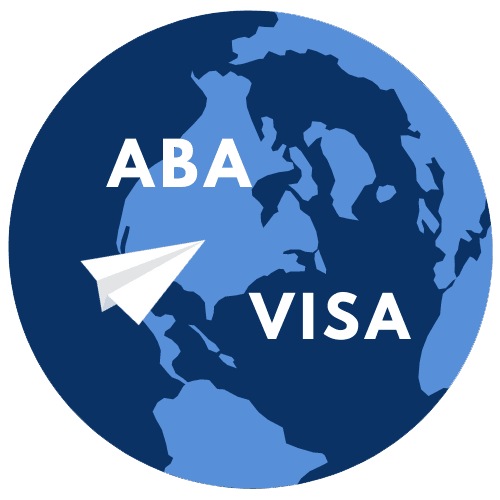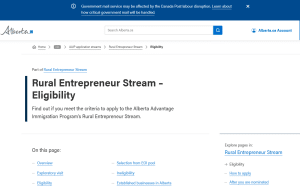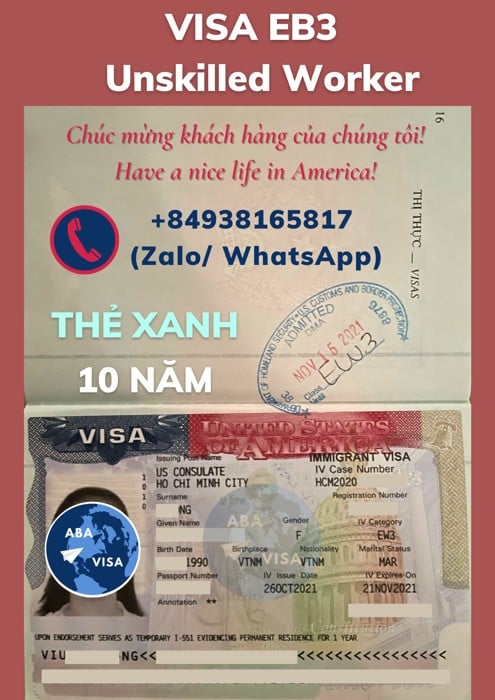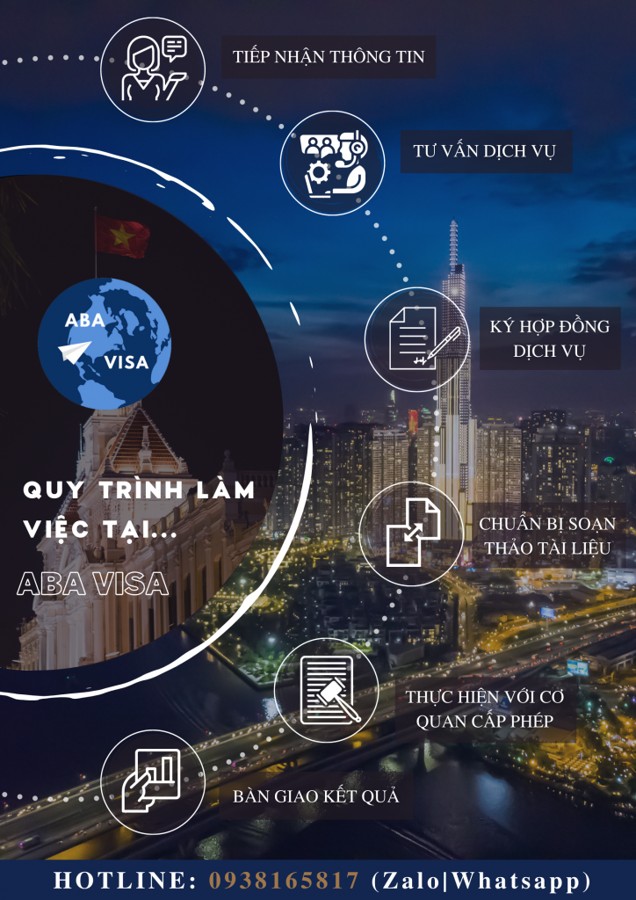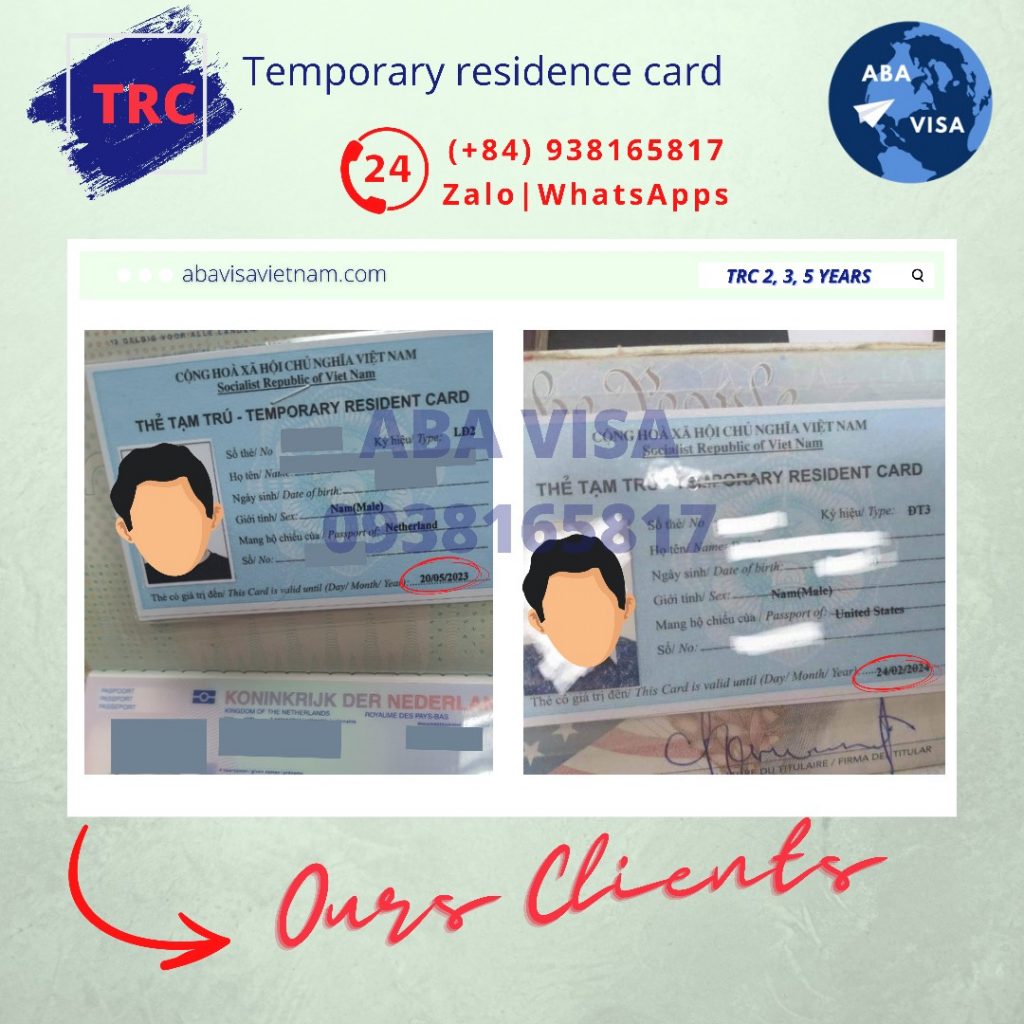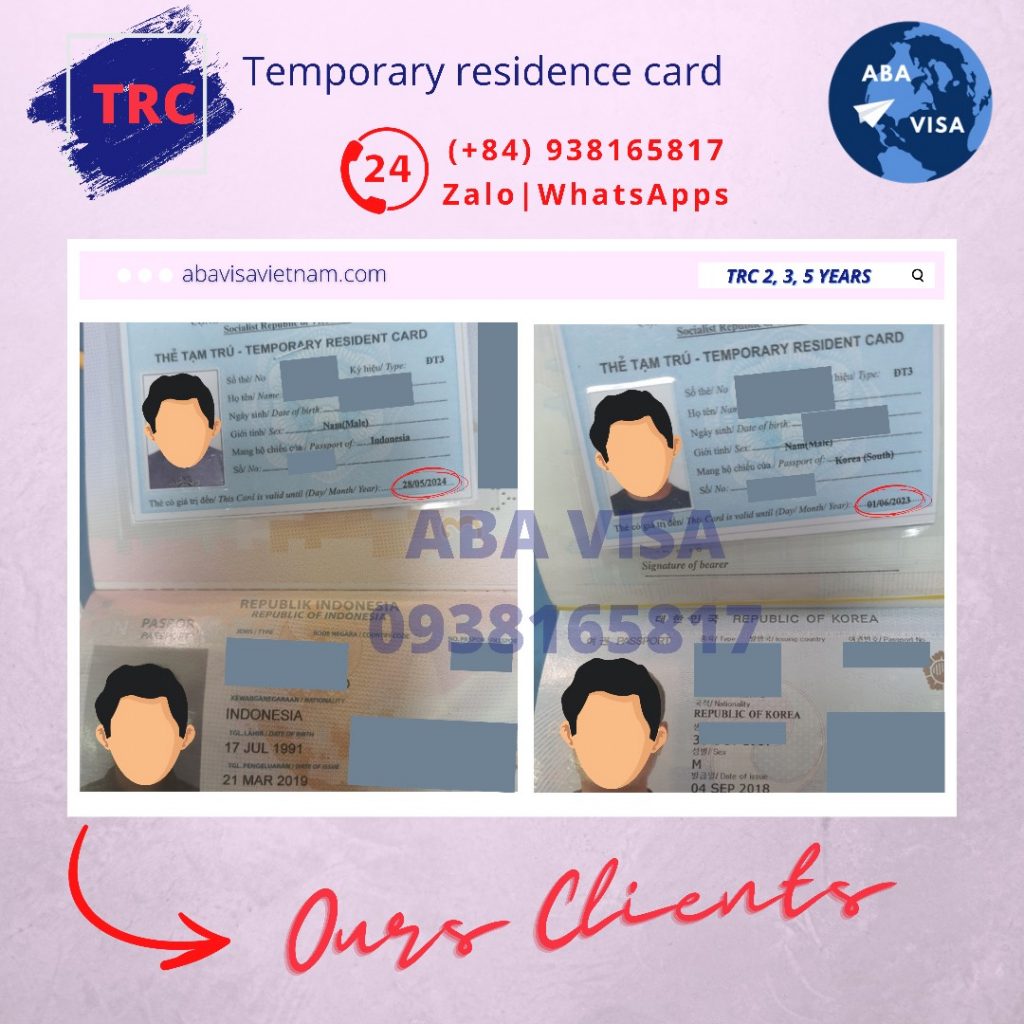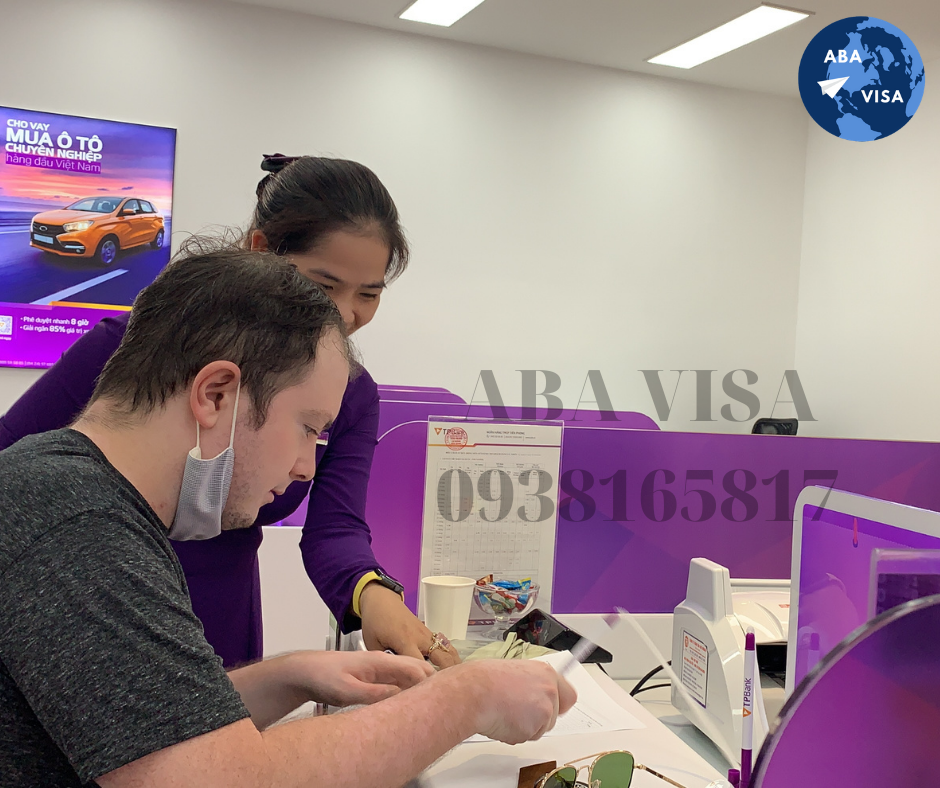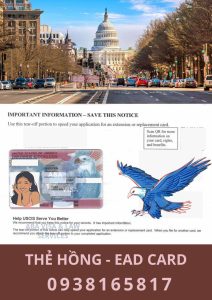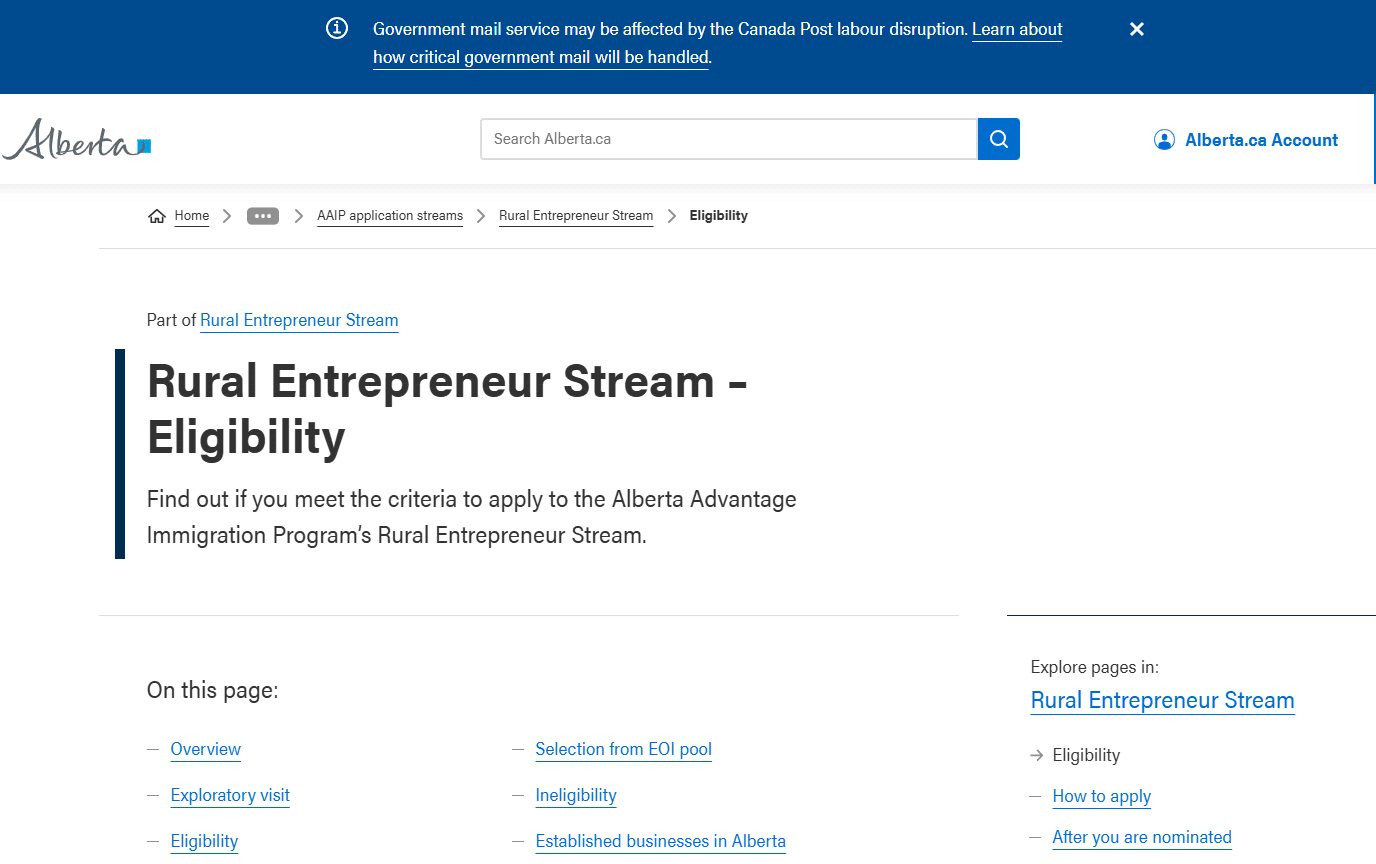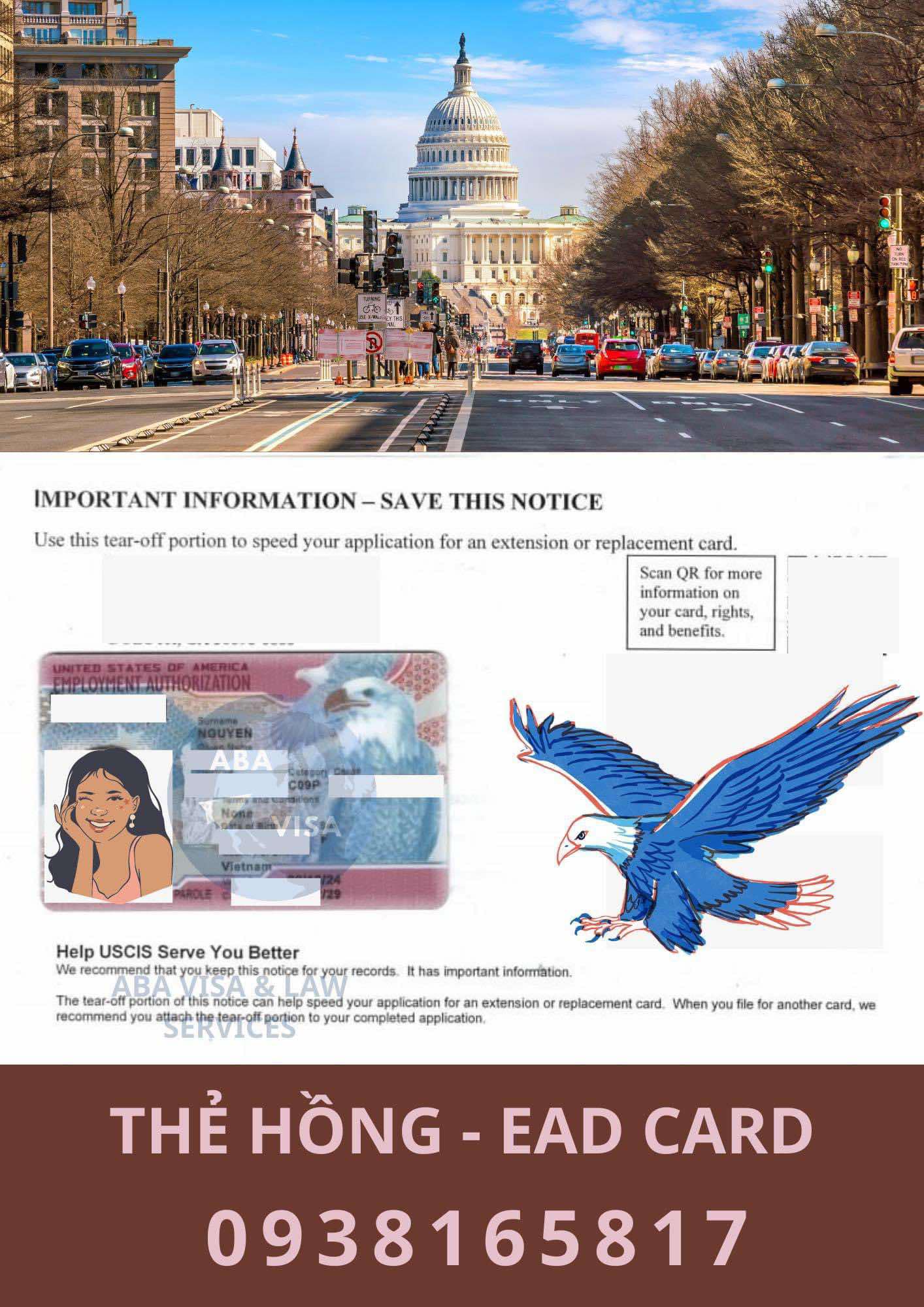Do you wonder what an EAD card is? and in what cases is this card used in the US? And who must have this EAD card to work legally in the US. ABA VISA & LAW SERVICES will answer the above questions and share details about the EAD Card for Working Permit in the US EB3 Unskilled Worker to you.
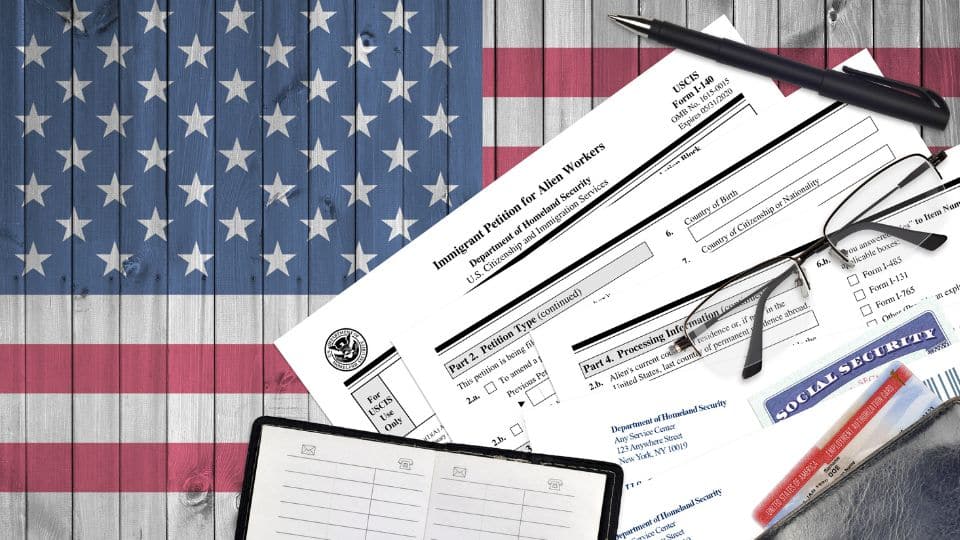
Introduction to EAD Card for Employment Authorization in the US EB3 Unskilled Worker
What is EAD?
EAD is an abbreviation of Employment Authorization Document, translated into Vietnamese means Work Permit. This is an official document issued by Issued by the United States Citizenship and Immigration Services (USCIS), issued to foreigners who want to work legally in the United States within a certain period of time.
EAD Card It looks like an ID card, is pink (so many people call it the Pink Card) and contains the owner's personal information, validity period and information related to work rights.
EAD cards are issued for many different situations with the Green Card conversion category. The EAD Pink Card is valid for 2 years. At present, USCIS has updated the EAD card expiration date to 5 years.
What is the main purpose of the EAD employment card?
1. Allow legal work: The EAD card provides a legal way for foreign nationals to work in the United States, ensuring that they can contribute their skills and labor to the economy without violating immigration regulations.
2. Confirmation of identity: The EAD card is proof that the holder is authorized to work in the United States, making it easier for them to find work and avoid legal problems.
3. Diversifying Labor Resources: EAD expands opportunities for U.S. businesses to recruit talent from around the world, increasing diversity and innovation in the workforce.
4. Support the settlement transition process: For many people, the EAD card is the first step in the transition from temporary status to permanent residency in the United States (a Green Card). The EAD card allows them to work and support themselves while they wait for a final decision.
5. Proof of Financial potential and integration ability: EAD cards help foreigners to be financially self-sufficient for themselves and their families while they live in the US, reduce economic burden, and increase opportunities for personal development through gradual integration and adaptation in the US.
The Importance of EAD Card for Employment Authorization in the US EB3 Unskilled Worker
The EAD card acts as a “door” to help foreigners in the process of applying for a green card to legally participate in the US labor market.
EAD cards have a limited validity period, so it is important to understand and comply with the renewal regulations. If an EAD card expires, the holder may face the risk of losing their job and affecting the progress of their green card application.
The EAD Pink Card is similar to the Green Card. Previously, the card was valid for 2 years.But up to now, USCIS has updated the EAD card validity to 5 years.
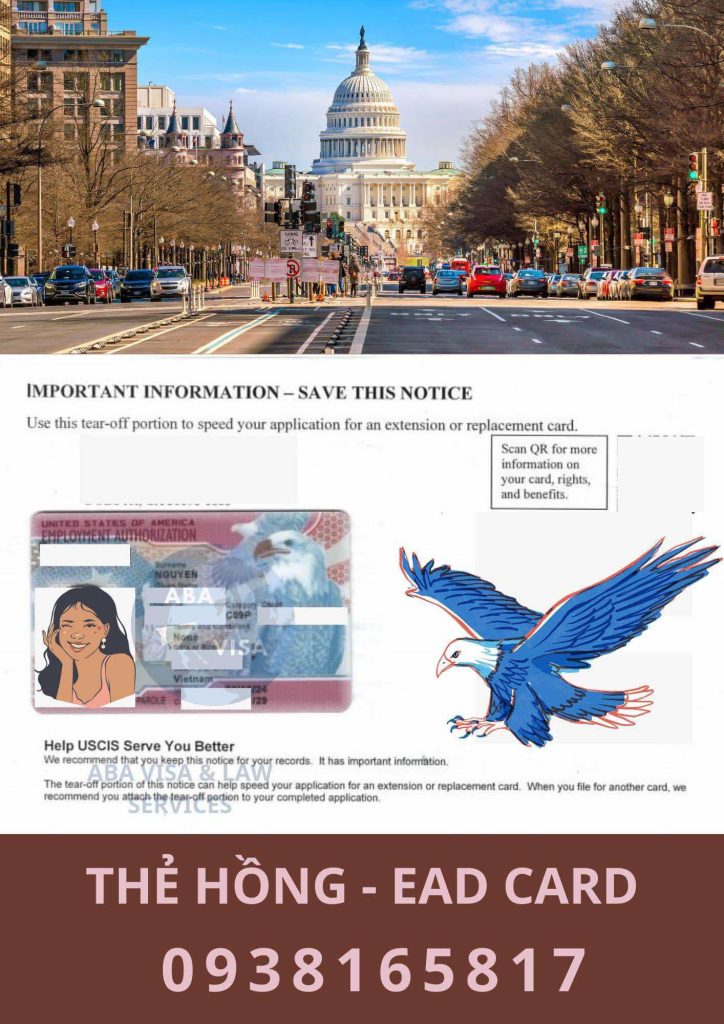
For unskilled workers – EB3 Unskilled worker, you can go to work, get a Social Security number, get adriving, entering and leaving the US legally (Depending on the specific case). If granted joint husband and wife of one job EB3 – Combo Card There will be an additional line below. “Serves As i-512 Advance Parole” allowing them to travel internationally without requiring additional entry documents.
Notes when owning an EB3 EAD card:
- If you only file an i-765 application to apply for an EAD card, the text below will be “Not Valid for Reentry to US”. If anyone owns a pink card with this text then Please note that you should not leave the US. if no other documents allow you to return.
- The EAD card is currently valid for 5 years from the date of issue. Normally, the green card will be issued within this period. In case it expires, it can be extended until the i-485 application is processed.
- Most people who receive this EAD card will not need to have an interview and will receive their green card in a very short time.
Factors that determine whether you are eligible for an EAD card:
- Current visa type: The type of visa you hold will affect your ability to apply for an EAD card.
- Purpose of immigration: Your purpose of coming to the US (study, work, family reunification, etc.) is also an important factor.
- File status: The status of your visa or green card application will determine whether you will be issued an EAD card.
Note:
- EAD card application regulations may change over time, so you should stay updated with the latest information from USCIS (United States Citizenship and Immigration Services).
- Applicants should carefully study the requirements and conditions related to their specific visa status. Please contact ABA VISA & LAW SERVICES for assistance.
Conditions and procedures for applying for an EAD work permit
Applicants must fall into one of the following groups for which U.S. immigration law allows them to apply for an EAD:
- A person seeking asylum or having been recognized as a refugee.
- People protected under the TPS (Temporary Protected Status) or DACA (Deferred Action for Childhood Arrivals) programs.
- International students are eligible for CPT (Curricular Practical Training) or OPT (Optional Practical Training).
- H-4, L-2, or K-1 visa holders, if certain requirements are met.
- A person in the process of adjusting status to become a permanent resident.
- Others have specific provisions in immigration law that allow them to apply for an EAD.
- Other special cases: There are some other special cases that can apply for an EAD card, such as people with extraordinary abilities, people who have made special contributions to the US...
Proper EAD Card Application Process
The EAD (Employment Authorization Document) card is a very important document that allows foreigners to legally work in the United States. To ensure that the EAD card application process goes smoothly, you need to understand the correct application process.
1. Prepare necessary documents:
Form I-765: This is the official application form for an EAD card.
Valid passport: Passport must be valid and contain full personal information.
Proof of immigration status: Depending on your case, you may need to provide documents such as:
- I-485 Receipt Letter (if applying for adjustment of status).
- Decision to grant asylum (if asylum seeker).
- I-94 Card (if you have a valid visa).
Card photo: Photos must meet size and quality requirements as set forth by USCIS.
Payment receipt: You need to pay the EAD application fee and keep the receipt.
Other additional documents: Depending on your specific situation, you may need to provide additional documentation.
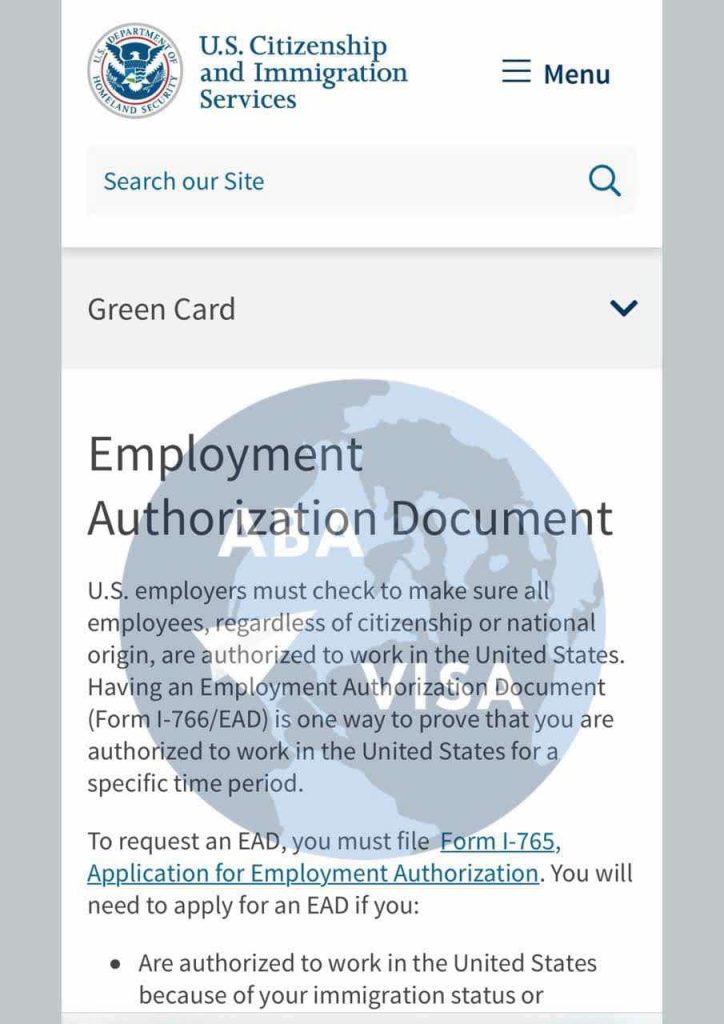
2. Fill in the form completely:
Read the application instructions carefully and fill out the I-765 form completely and accurately.
Double check information before sending to avoid errors.
3. Submit application:
Submit online: This is a quick and convenient way to apply. You can apply online on the USCIS website.
Submit by mail: You can print the form and mail it to the USCIS address.
Submit directly at USCIS office: You can go directly to the nearest USCIS office to submit your application.
4. Track orders and Waiting for Review Process
After you submit your application, you will receive a receipt number. Using this receipt number, you can track the status of your application on the USCIS website. Processing times may vary depending on the individual case and the status of the application at that time. If there are any additional requirements, USCIS will contact you.
The processing of an Employment Authorization Document (EAD) application typically takes approximately 60 to 90 days from the time the application is received by USCIS. During this time, USCIS will carefully review all the information and personal documents provided to ensure that all requirements are met.
After review and processing, USCIS will send you a notice indicating whether or not they approved your EAD. If they approved, they will send you an EAD card. If they denied your EAD card, you will receive a notice indicating why you are not an eligible applicant.
Ensuring that all requirements and procedures are completed correctly and completely is important to increase the chances of being granted an EAD. Applicants should refer directly to the information on the official USCIS website or contact ABA VISA & LAW SERVICES immediately for a free consultation.
Note:
Regulations Subject to Change: EAD regulations can change over time, so you should stay up to date with the latest information from USCIS.
Please contact ABA VISA & LAW SERVICES for detailed instructions at each specific time and case.
How much does it cost to apply for an EAD card?
When applying for an EAD, costs will vary depending on the application form and residency status. Specifically:
| Application form | Residence status | Fee (USD) |
| Paper copy | Normally | 520 |
| Paper copy | Adjustment of residence status | 260 |
| Online version | Normally | 470 |
| Online version | Adjustment of residence status | 260 |
Note:
Discounted fees when applying online: You can save a significant amount of money if you apply online.
Adjustment of Status Preference: Those in the process of applying for a green card will enjoy a preferential fee.
Free or reduced fees for special cases: USCIS may waive or reduce fees for people such as asylum seekers.
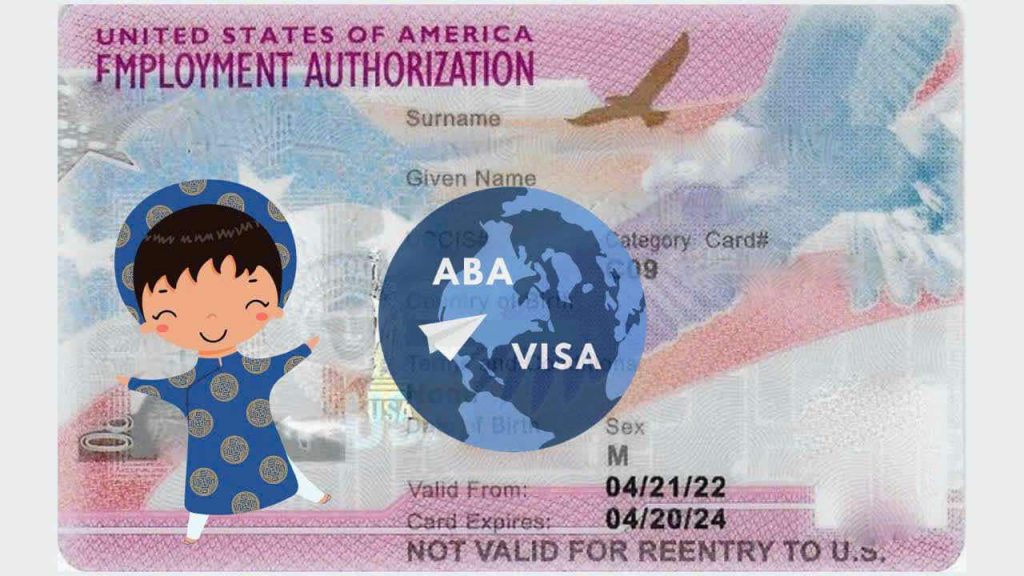
Is an interview required when applying for an EAD US work permit?
Typically, an interview is not a required part of the EAD application process. However, in some special cases, USCIS may ask you to attend an interview to verify information or clarify certain issues related to your application.
Cases that may be required to be interviewed:
Information in the application is unclear or contradictory: If the information you provide on your application is incomplete, inaccurate, or contains discrepancies, USCIS may ask you to come in for an interview to clarify the information.
There is doubt about the authenticity of the document: If USCIS has doubts about the authenticity of any documents you provide, they may ask you to provide additional evidence or participate in an interview.
National security issues: In certain special cases involving national security, USCIS may require you to attend an interview.
Additional information required: If USCIS needs more information to make a decision, they may ask you to attend an interview.
Things to keep in mind when attending an interview:
Prepare carefully: Before attending the interview, you should fully prepare relevant documents, including passport, green card (if applicable), EAD application and other evidence.
Honest: Answer the USCIS officer's questions honestly and clearly.
Be on time: You should arrive on time to avoid having your interview cancelled.
Bring an interpreter (if needed): If you do not speak English, you can request interpretation assistance.
In case you are not asked for an interview:
If your application is processed without an interview, USCIS will notify you of the outcome by mail. If your application is approved, you will receive your EAD card in the mail.
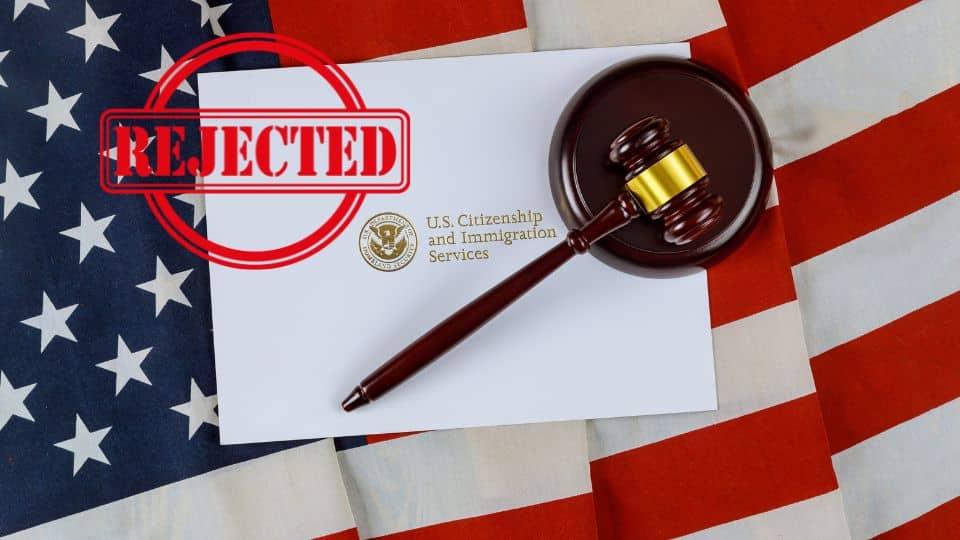
Reasons Why EAD Work Permit Applications Are Denied by USCIS
There are many reasons why an Employment Authorization Document (EAD) application may be denied by the United States Citizenship and Immigration Services (USCIS). Here are the most common reasons:
Does Not Meet Eligibility Requirements
Not eligible: You do not meet the criteria for an EAD, such as insufficient waiting time or ineligible immigration status.
Changes to immigration laws: Immigration regulations may change, rendering your application invalid.
Issues related to visa or green card applications: If there is a problem with your visa or green card application, your EAD application may also be affected.
Incomplete or Incorrect Documentation
Misinformation: Filling in incorrect personal information, date of birth, address, etc. may result in application rejection.
Missing documents: If you do not provide all the necessary documents such as passport, visa, application receipt letter… your application will also be rejected.
Breach of Visa Conditions or Prior Status
Applicants with a history of violating the terms of their visa or prior immigration status, such as working illegally before obtaining an EAD, may also have their EAD application denied.
Use of Untruthful Information
If USCIS discovers that an applicant has provided false or misleading information in any part of the application or during the interview process, their application may be denied.
Security and Criminal Reasons
Reasons related to national security or having a criminal record, violating the law, or being convicted of a crime, can also cause an EAD application to be denied.
Changes to Policy or Regulations
Changes in U.S. immigration law or policy can also affect the EAD approval process. For example, changes in policy regarding DACA or TPS may affect the ability of people in these programs to apply for an EAD.
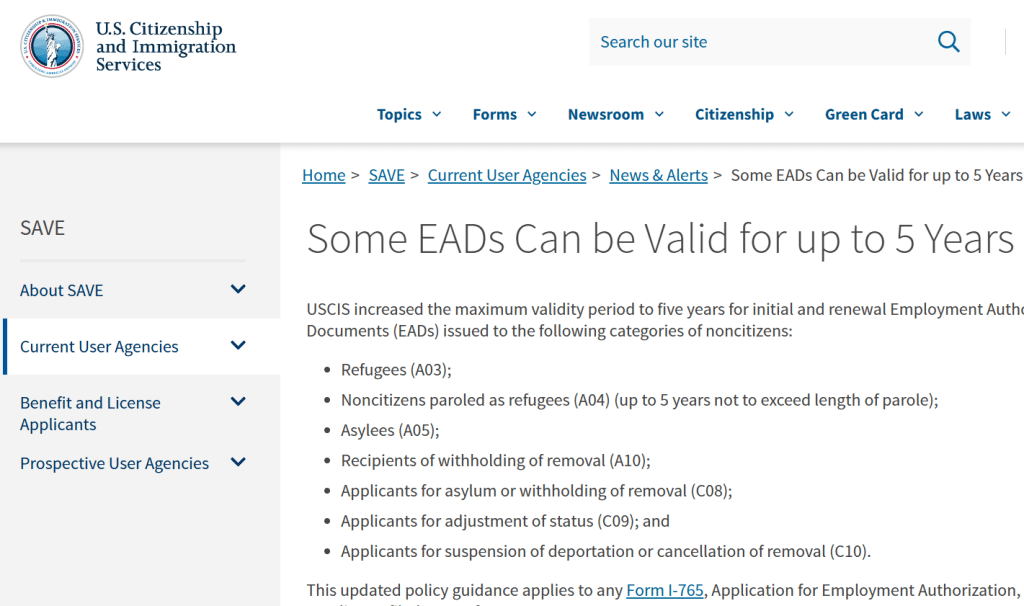
What to do when your EAD Card is denied by USCIS?
Check the reason again: Read the rejection letter carefully to understand why your application was rejected.
Appeal: If you believe the denial decision is incorrect, you can file an appeal.
Seek the help of an immigration attorney: An immigration attorney will help you understand your situation and provide appropriate advice.
To avoid having your EAD application denied, you should:
Prepare complete documents: Check the required documents carefully and fill out the application completely.
Read the rules carefully: Read the EAD requirements carefully to make sure you qualify.
Can the EAD work permit be extended?
The answer is: You can absolutely renew your EAD (Employment Authorization Document) work card. when your current card is about to expire. Renewing your EAD is necessary to continue to be authorized to work legally in the United States.
When should I renew my EAD?
- Before card expires: It is recommended that you begin the EAD renewal process before your current card expires to avoid any disruption to your work. Typically, you should apply for a renewal approximately 120 days before your current EAD expires.
- Upon receipt of notice from USCIS: If USCIS If you receive a notice asking you to renew your EAD, follow the instructions in the notice.
Note:
Renewal fee: You will be required to pay a fee to renew your EAD. The fee may change over time, so please check the latest information on the USCIS website. Or contact Hotline: +84 9381 65817 (Zalo/ WhatsApp) for updates at a specific time.
Processing time: The time it takes for USCIS to process an EAD renewal application can vary depending on the individual case.
Why should you renew your EAD on time?
Renewing your Employment Authorization Document (EAD) card on time is essential for many reasons, not just related to maintaining your legal right to work. It also affects other aspects of your life and immigration status in the United States. Here are the main reasons why renewing your EAD on time is important:
Avoid Loss of Legal Employment Rights
Renewing your EAD in a timely manner ensures that you do not lose your legal right to work in the United States. If your EAD expires without being renewed, you will no longer be authorized to work legally, which may result in you having to stop working for your current employer until you get a new card.
Avoid Income Interruption
Losing your work authorization due to failure to renew your EAD on time can result in a disruption in your income. This can cause significant financial hardship, especially if you depend on that income to support yourself and your family.
Avoid Negative Impact on Immigration Status
Violating labor regulations can negatively impact your current and future immigration status in the United States. Working without authorization may be considered a violation of the terms of your visa or immigration status, which may make it difficult to apply for a green card or U.S. citizenship in the future.
Keep Your Legal Records Clean
Renewing your EAD on time helps you maintain a clean legal record with USCIS. This is important when you apply for other types of immigration documents or when you apply for U.S. citizenship, because a clean record shows that you have complied with U.S. immigration laws and regulations.
Avoid Legal Issues and Fines
Working without a valid EAD can lead to legal issues, including penalties from government agencies. This is not only inconvenient, but also expensive, with legal fees and penalties that can significantly reduce your financial resources.
See more here:
Convert nonimmigrant visa to EB3 in the US
EB3 Visa US Immigration Work stream
